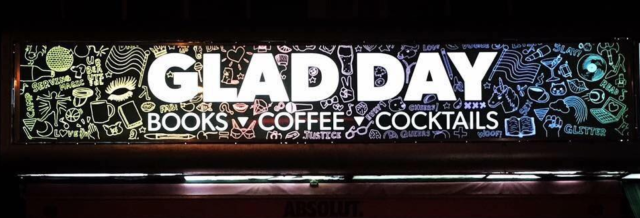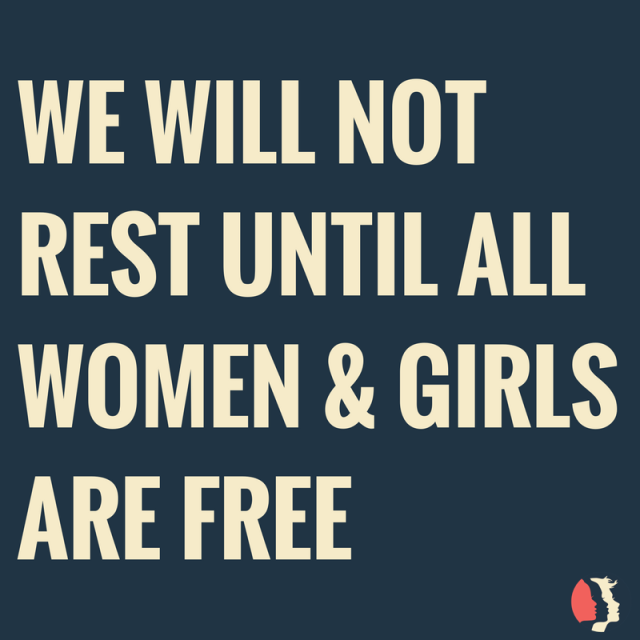The Laboratory of Feminist Memory Bar was a very interesting experience. Unlike the two previous events within this speaker series, this one was held at Glad Day Bookshop. The event featured many different feminist activists and the work they have created. I found that this event was a great wrap up of the entire semester, as it featured many different forms of media/art feminist activism. From songs and poetry, to film and story telling, as well as social media, every feminist that was speaking brought something new. Seeing real activismdone by real feminists ranging between many different age groups was very inspiring.

Anna Willats was a feminist that really stood out for me. She shared a story that she had written about her experience of trying to have a baby with her partner (another women) in the 1980s. This was a time where sperm banks didn’t donate sperm to lesbian couples; a time where being gay was not accepted the way it is today. The two women tried and tried so hard to conceive, and bring their own child into this world. This was obviously a very difficult thing to do for them, however after months of trying, they succeeding and their baby boy was born. Willats shared this story with so much humour and so much passion, I didn’t want the story to end. When she said “Our son is now 32 years old” I was covered in goosebumps; she shared such a personal story with so much passion and emotion, while keeping the story very lighthearted and hilarious. (She has a real talent in storytelling!) The reason this particular part of the night really stood out to me was because it reminded me of the true meaning of feminism. Often times, people forget what exactly feminism entails. As one of the women of colour states in the film Sisters in the Struggle, feminism is a white ideology. It focuses on the white middle class women, usually trying to get equal pay within the workplace. Although this is a matter of importance, often times the word feminism loses its relevance to minority groups such as the LGBTQ+ community. Upon hearing the story, it really dawned on me how much more difficult it is for homosexual couples to conceive a child. In the 1980s, sperm banks didn’t donate to lesbian couples, they weren’t able to adopt a child. It is really unfair, and something the LGBTQ+ community has struggled with. Hearing Willats share her story was an amazing experience, and I loved how it further enforced the true meaning of what feminism truly is.
Another speaker that truly stood out to me was Kativa Dogra. She talked about the privilege she has due to the family she was born into and the place she gets to live. She began to speak of child brides within third world countries. This concept is extremely upsetting for me; the fact that there are young girls around the world that get shipped off by their parents to marry an older man, without their consent or any desire, makes me sick. This is a serious injustice. I really liked how Dogra addressed this problem because often times people (including myself) living in the first world forget how privileged we really are. Feminism within these places is often forgotten, which is really upsetting. “We will not rest until all women & girls are free.” Females living in places of privilege must not forget the unfortunate events that happen daily within other countries. It is truly upsetting and I am extremely happy that Dogra addressed this. We must not forget that feminism is equality for ALL women, not just ourselves.

Lastly, a moment that really stood out to me at the event was at the very end when Aisha and Grace were reading the audiences proudest feminist moments. Aisha read one that mentioned a young girl in the 80s who got sent home from school for wearing pants, and the next day, the other students at school got together and protested for their right to wear pants, and won. This was a truly inspiring story. It reminds me of Susanne Neagh’s speech at the first event within the speaker series, when she mentioned that the key to change is supporting one another and standing in solidarity. It was cool to see obvious connections throughout the entire speaker series, and to see all the amazing work all these activists have done.